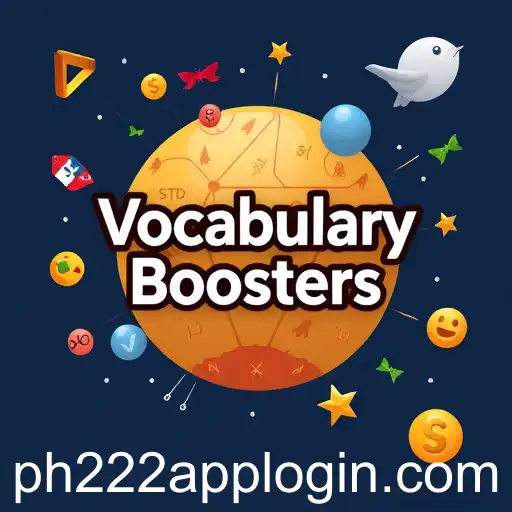
Exploring the influence of gamification in education through digital platforms.
In the evolving landscape of digital education, the concept of gamification has emerged as a transformative force. Incorporating game-like elements into learning environments, platforms such as 'ph222' have pioneered this trend, blending traditional educational content with engaging, interactive features. The rise of such platforms reflects a broader shift towards integrating technology with pedagogy to enhance student engagement and improve learning outcomes.
The educational sector is witnessing unprecedented changes, driven by advances in digital technology and adjustments necessitated by global events. Innovative platforms have introduced game mechanics, such as rewards, points, and leaderboards, into educational tools to motivate students. This approach capitalizes on the inherent desire for competition and achievement, fostering a more immersive and enjoyable learning experience. Research underscores the potential benefits of gamification, suggesting significant improvements in student motivation, attention span, and retention of information.
At the heart of this movement are platforms and websites like 'ph222', which serve as a nexus for digital game-based learning initiatives. These platforms are not only engaging but also adaptive, tailoring content to suit individual learning paces and styles. As educators continue to explore the potential of gamification, it's crucial to consider the balance between play and learning, ensuring that educational content remains the focus.
Furthermore, the integration of gaming techniques into education has broader implications for teacher training and curriculum development. Institutions must equip educators with skills to navigate and utilize these digital tools effectively, which in turn, calls for reforms in educational policy and resource allocation. As schools and universities warm up to the idea of digital transformation, the success and sustainability of gamification-driven models hinge not only on technological adoption but also on strategic planning and stakeholder collaboration.
In conclusion, the intersection of gaming and education represented through platforms like 'ph222' illustrates a dynamic and promising trajectory for the future of learning. By harnessing the power of gamification, educators can revolutionize the learning journey, making it more dynamic, inclusive, and impactful.




